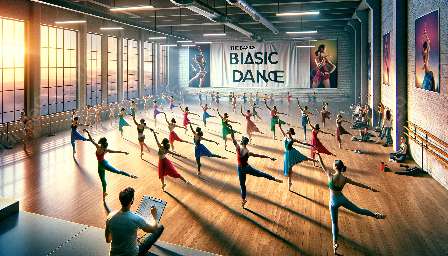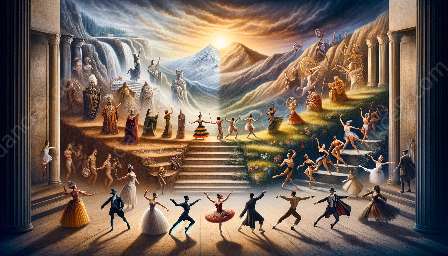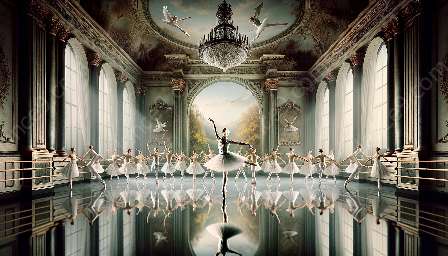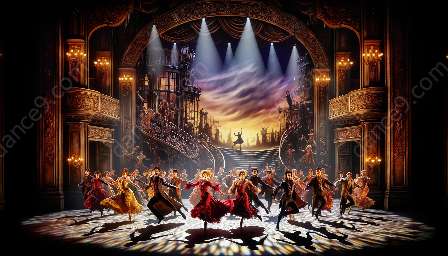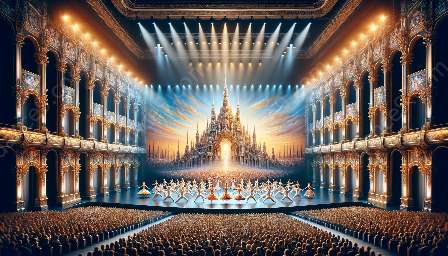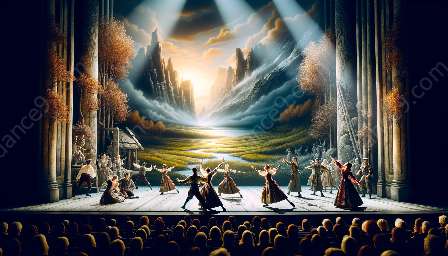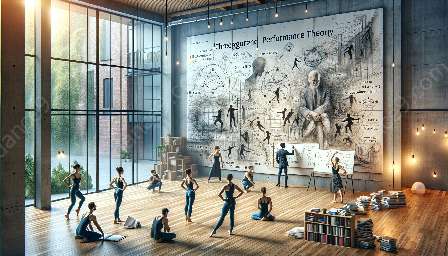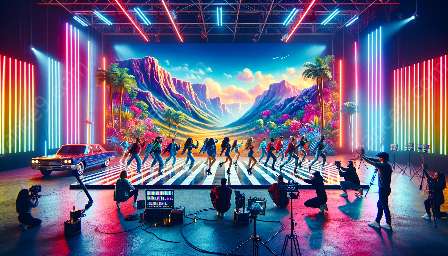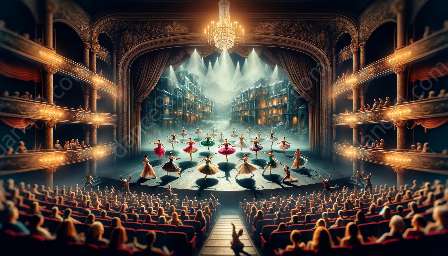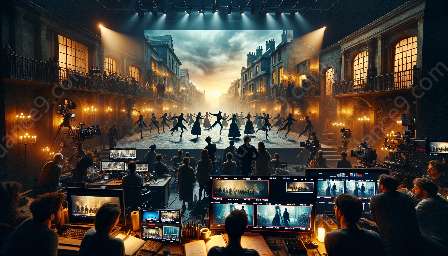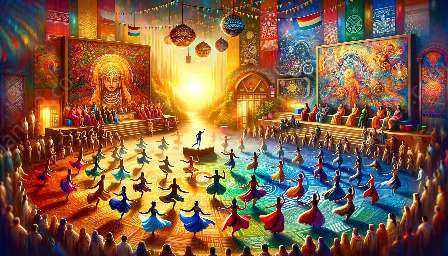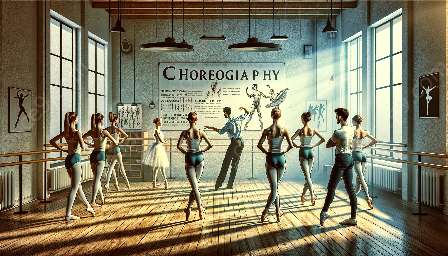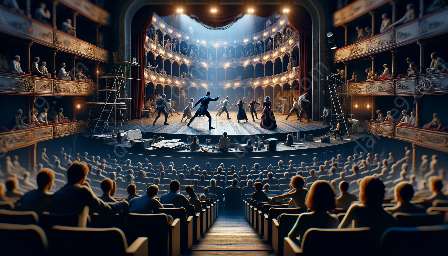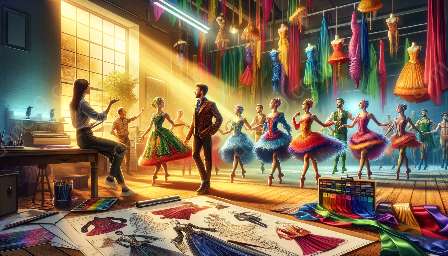Choreography is the art of designing and arranging movements and sequences, often performed by dancers or performers. It involves crafting physical expressions and defining the space in which these movements occur. While the technical aspects of choreography are crucial, it's also essential to consider the ethical implications of this artistic practice. Ethical considerations play a significant role in ensuring that choreographic works are respectful, authentic, and fair to all involved.
The Basics of Choreography
Before delving into the ethical considerations in choreography, it's important to understand the basics of this creative discipline. Choreography encompasses the composition of dance and movement, encompassing elements such as shape, time, and energy. Choreographers often draw inspiration from various sources, including music, emotions, and storytelling, to create compelling and meaningful dance pieces.
The process of choreographing a piece typically involves experimentation with different movements, arrangements, and spatial patterns. Choreographers may also consider factors such as costume design, lighting, and music selection to enhance the overall impact of their work. Ultimately, choreography is an art form that allows for boundless creativity and expression, offering a platform for artists to communicate powerful messages through movement.
The Intersection of Ethics and Choreography
When exploring the ethical considerations in choreography, several key principles come to the forefront. Respect, authenticity, and fairness are central to maintaining ethical standards in the creation and performance of choreographic works. These principles serve as guiding factors that shape the interactions and decisions of choreographers, dancers, and collaborators throughout the creative process.
Respect
Respect is a fundamental ethical consideration in choreography, encompassing the treatment of performers, cultural traditions, and artistic boundaries. Choreographers must prioritize the physical and emotional well-being of their dancers, ensuring that movements and physical demands are executed safely and considerately. Additionally, respect for cultural traditions and practices is essential when incorporating elements of diverse dance forms into choreographic works. By honoring the roots and significance of various dance styles, choreographers can create inclusive and culturally sensitive pieces.
Authenticity
Authenticity in choreography pertains to the genuine representation of emotions, themes, and cultural narratives within dance compositions. Choreographers are responsible for crafting authentic portrayals that resonate with audiences while staying true to the intended artistic vision. This involves conducting thorough research when drawing inspiration from specific cultures or historical contexts, ensuring that representations are accurate, respectful, and free from appropriation. Authenticity also extends to the creative process, encouraging choreographers to express their unique perspectives and experiences through movement.
Fairness
Equity and fairness play a crucial role in the ethical considerations of choreography, particularly concerning opportunities, recognition, and compensation within the dance community. Choreographers should strive to create environments that foster equity and inclusivity, providing equal access to training, performance opportunities, and professional development. Fair compensation for dancers and collaborators is essential, acknowledging the labor and artistry invested in bringing choreographic works to life. Additionally, recognizing the contributions of all individuals involved in the creative process promotes a collaborative and supportive atmosphere within the dance community.
Implementing Ethical Considerations in Practice
Integrating ethical considerations into choreographic practice requires thoughtful reflection and deliberate action from choreographers and dance practitioners. This process begins with a commitment to upholding ethical standards and engaging in continuous learning about diverse perspectives and experiences. Choreographers can also collaborate with cultural advisors and consultants to ensure that representations within their works are respectful and accurate.
Empowering dancers and collaborators to provide feedback and contribute to the creative process fosters an environment of mutual respect and shared ownership of the artistic vision. Transparent communication, consent, and inclusion of diverse voices further promote ethical conduct in choreography. By embracing ethical considerations, choreographers can cultivate a community that values integrity, empathy, and artistic excellence.
Conclusion
Choreography is an intricate art form that intertwines technical proficiency with ethical mindfulness. By recognizing and implementing ethical considerations, choreographers uphold the principles of respect, authenticity, and fairness, contributing to the creation of meaningful and culturally enriching dance works. Embracing ethical conduct in choreography not only elevates the artistic integrity of performances but also fosters an inclusive and nurturing environment within the dance community.

